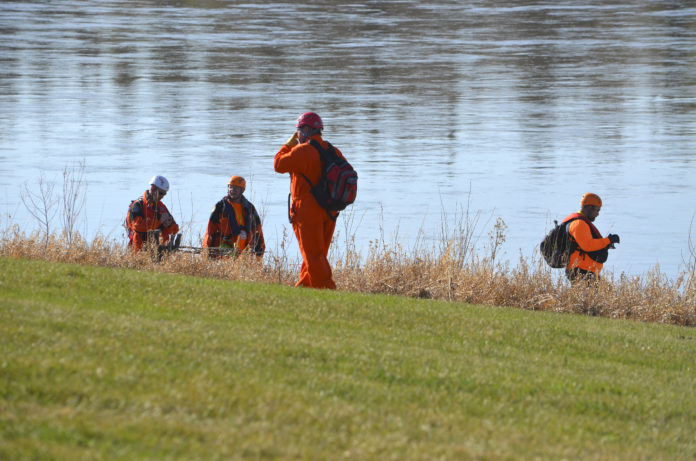
The provincial government appears to have added a third group that was originally overlooked for its incoming tax credit for volunteer first responders announced earlier this year.
While volunteer firefighters and medical first responders were included in the original announcement, part of the 2019-20 budget, volunteer search and rescue personnel have now also been added to the list.
The tax credit will benefit individuals who perform at least 200 hours of eligible volunteer services in a year, allowing them to claim $3,000 in tax credits. Eligible hours include responding to and being on call for search and rescue and other emergency calls, attending required meetings, and participating in required training. The tax credits will be available beginning in the 2020 taxation year.
Individuals who perform the 200 hours combined between the services will be able to claim one of the tax credits. It appears as if they don’t have to complete all of those 200 hours with just one service if they serve in other volunteer emergency service agencies.
Individuals who receive honoraria for any volunteer emergency service duties may claim either an income exemption or a tax credit, but not both. Employees paid to provide similar services will not qualify for the tax credits.
When Finance Minister Donna Harpauer was in Prince Albert for the annual post-budget Chamber of Commerce Address, she was questioned by local search and rescue volunteer Chrissy Halliday as to why search and rescue was left off of the list.
Harpauer said it was an oversight, and that she had received multiple letters from concerned residents questioning the decision to leave out search and rescue.
“The tax credit was an election promise we weren’t able to implement until now because we were restrained fiscally,” she told reporters.
“I’ll be taking it to my colleagues. This budget has been written, so we can’t make any changes now, but it is something to consider in the future. I think there is a very valid case with these volunteers and their value as well.”
In an emailed statement, the Ministry of Finance confirmed that the change had been made.
“The government made a decision, shortly after budget day, that it would be most appropriate to also recognize the outstanding work that search and rescue volunteers do in Saskatchewan – it is true to the spirit of this initiative,” the ministry wrote.
Halliday was pleased to hear the news.
‘Search and rescue volunteers put in a lot of hours,” she said.
“Those are a lot of hours away from their families, away from work. At a lot of workplaces, we’re having to take our holiday time in order to go for training or go out searching for people. A tax credit, in the end, means a lot to us.”
The minister received at least ten letters, including one from herself, Halliday said.
“There was a lot of push from across the province with our small but might search and rescue members. It’s a step in the right direction for acknowledging the emergency services that we provide on a volunteer basis.”
Halliday said the local search and rescue chapter, Prince Albert North Search and Rescue (PANSAR) was called to action at least 20 times last year, but there have been years the team was only out for five searches — it all depends on the year. The busy season is between spring and fall. In the meantime, the team has to keep current with its training and equipment, costs which can run members into the thousands of dollars. Team members pay those costs out of their own pocket.
Volunteer firefighters, emergency medical first responders and search and rescue personnel already qualify for a federal tax credit. That credit, established in 2011, pays a $450 tax credit or a $1,000 tax exemption for payment received.

